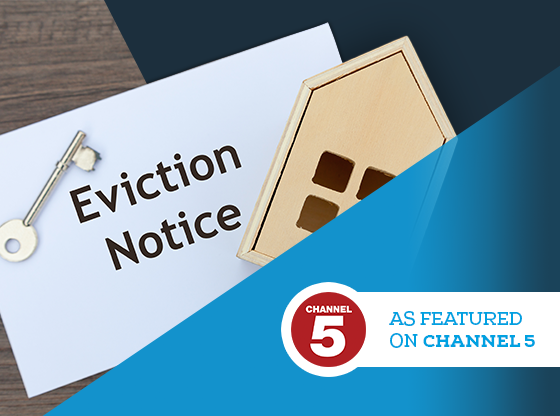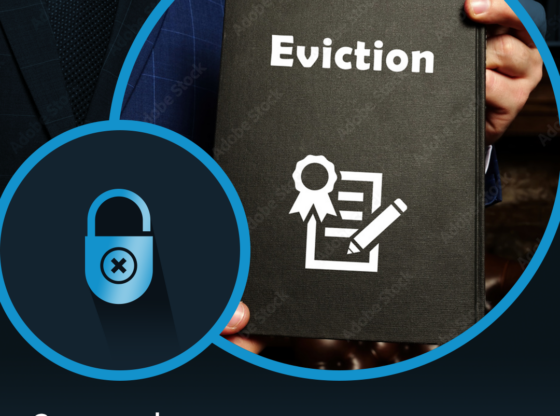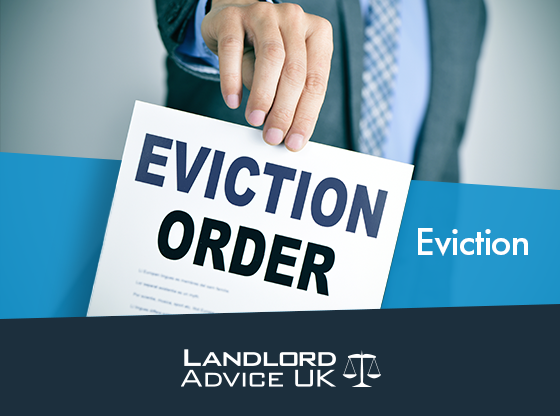Abolishing the No-Fault Eviction Ground
After much anticipation the first draft of the Renters Reform Bill published on 17 May 2023, which included the Abolishing the No-Fault Eviction Ground under s.21 of the Housing Act 1988 (Form 6A).
The section 21 ground for possession currently allows landlords to terminate an assured shorthold tenancy agreement without reason. This gives landlords a lot of flexibility and a degree or peace of mind that they can regain possession without needing a reason.
The section 21 notice is required to give a tenant at least 2 months’ notice to vacate the let property, failing which the landlord can then apply to the Court to seek a possession order.
Landlords operating in the private rented sector have already started to panic, as many plan their exit and plan to sell up their residential portfolio. We have seen a significant rise in the number of clients evicting their tenants on the section 21 ground, presumably as a result of panic.
THE RENTERS REFORM BILL
Section 2(a) Renters Reform Bill removes Section 21 from the Housing Act 1988 as part of abolishing Assured Shorthold Tenancies, and deleting Chapter 2, Part I of the 1988 Act, including Section 21 along with it.
This means that once the Bill is implemented, the only way landlords will be able to terminate assured shorthold tenancy agreements, is by using the revised Section 8 Grounds for Possession using a Section 8 Notice (Form 3).
REVISED SECTION 8 GROUNDS FOR POSSESSION
Once the Renters Reform Bill is enforced, landlords will only be able to use the existing Section 8 framework.
The new grounds to be added to the existing section 8 framework is set out below.
NEW MANDATORY GROUND: REPEATED SERIOUS ARREARS
- This ground is proposed to be a 4 week notice.
- A landlord would be able to serve a Section 8 notice if the tenant has been in at least two months’ rent arrears three times for at least one day within the previous three years. It would still apply if the renters are no longer in arrears at the hearing.
- The draft specifically excludes arrears due to delays from the payment of Universal Credit.
- Landlords wouldn’t be able to use this new ground to evict renters if the arrears stay under two months’ rent.
REVISED MANDATORY GROUND: LANDLORD OR CLOSE FAMILY MEMBER MOVING IN
- This ground is proposed to be a 2 months’ notice.
- Landlords will be able to serve two months’ notice to sell or move close family members into the property. However, they wouldn’t be able to do this in the first six months of a tenancy.
- The landlord must intend it to be their (or their family member’s) only or principal home. The landlord’s family includes their spouse/partner, and their respective parents, grandparents, siblings, and grandchildren. It doesn’t include nieces, nephews etc.
NEW MANDATORY GROUND: SALE OF PROPERTY
- This ground is proposed to be a 2 months’ notice.
- A landlord can only this ground if the tenancy has lasted more than 6 months.
- Landlord must intend to sell the property.
REVISED DISCRETIONARY GROUND: ANTI-SOCIAL BEHAVIOUR
- As before, there would be no waiting period when serving notice on this ground (meaning a claim for possession could be issued once the notice has been served).
- The Anti-social Behaviour Action Plan published by the government on 27 March 2023 gave cause for optimism that Ground 14 will be amended to make it easier for landlords to evict tenants for behaviour that falls short of criminal anti-social behaviour.
- In the end, the new wording was a damp squib. The proposal is to change the wording from guilty of “behaviour causing or likely to cause nuisance or annoyance” to “capable of causing“.
- I’m not sure there’s much a significant difference between the two, even if the guidance claims this will make ASB easier to demonstrate. In any event, it’s a discretionary ground, so a judge will decide.
WHEN WILL SECTION 21 NOTICES BE ABOLISHED?
The White Paper, A Fairer Private Rented Sector promises to “allow time for a smooth transition to the new system”, and it mentions two key dates:
- First implementation date (at least six months after Royal Assent). The new rules would apply to new tenancies, which will all be automatically periodic.
- Second implementation date (at least 12 months after the first). All existing tenancies would transition to the new system. At this point, Section 21 would cease to apply to all renters on this date, whether or not their tenancy is already in place.
The Bill retains these two different dates, referring to a “commencement date” and an “extended application date”.
If the government keeps to this timetable and the Bill passes into law in the autumn of 2023, the earliest Section 21 will be abolished is the spring of 2025.
SERVING A SECTION 21 NOTICE
Our team of property law experts can draft and serve a section 21 notice for you. If you are serving your own notice, our team of experts will be able to assess the validity of the notice so you can rest assured that you will not face issues later through the eviction procedure based on a defective notice.
You can contact our team for free legal advice relating to tenant eviction on 020 3903 2000.
We offer a guaranteed eviction service, and will beat the fees of any other firm offering the same service.










